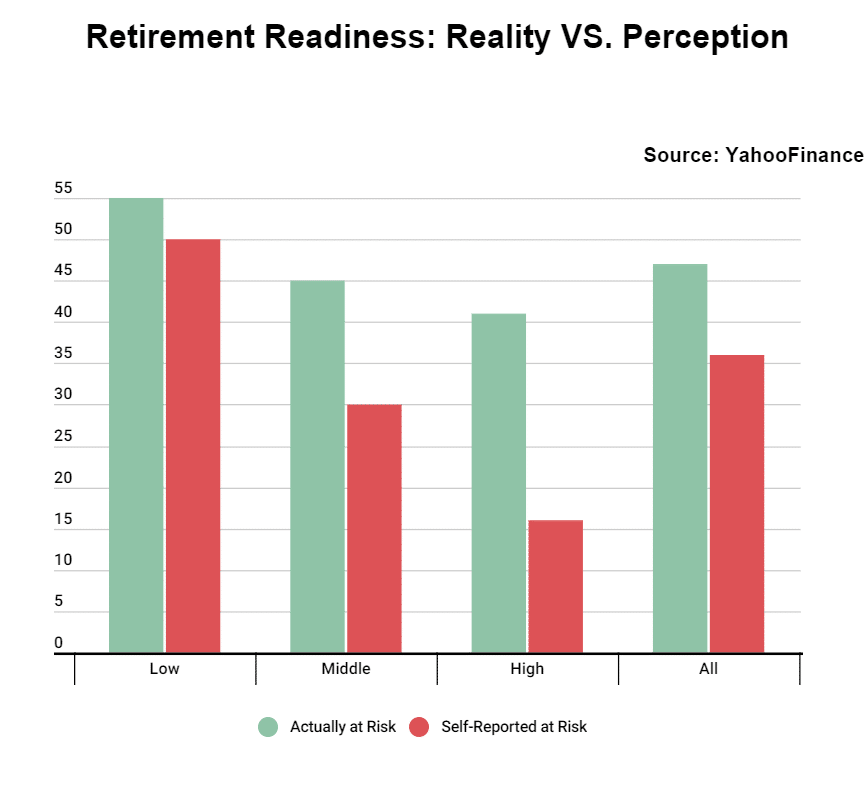As people age, they are increasingly faced with the financial and emotional challenge of preparing for retirement. Most Americans are not adequately preparing for retirement, leaving themselves at risk for an uncertain future. As per TradingPlatforms.com, almost half of Americans have an unsure retirement future, which raises concerns about their financial stability in their old age.
TradingPlatforms finance expert Edith Reads states. “As the years go by, many people are foregoing saving for retirement altogether and instead spending what they have on other aspects of their life. With rising costs of living and stagnant wages, it’s becoming more difficult for Americans to save money even if they wanted to.”
Economic Challenges Pose Threats to Retirement Security
Prevailing economic challenges are a threat to most Americans’ retirement security. While the US has experienced sustained economic growth, income inequality and wage stagnation is real. Thus, much of the population needs help to save for retirement. High living costs and increasing debt burdens have eroded the financial foundation of many, leaving them ill-prepared for retirement.
Income inequality in the United States has reached staggering levels. The top 1% of income earners now earn approximately 20% of the national income. Yet, the bottom 50% makes just 12%. The wealth gap has deterred average Americans from saving towards retirement savings.
Furthermore, wage growth in the United States has been sluggish for many workers. Yet, lower-income brackets are the most affected. While earnings for the bottom 90% only increased by 28.7%, those for the top 0.1% and 1% saw massive increases of 206.3% and 465.1%, respectively. This disparity in wage growth further widens the gap between those who can save for retirement and those who struggle to make ends meet.
Moreover, the increasing debt burdens among Americans add another layer of financial strain. The total household debt in the United States reached $17.05 trillion in the first quarter of 2023, marking the highest level in history. Student loans, credit card debt, and mortgages contribute significantly to this burden. Debt repayment leaves individuals with fewer resources available for retirement savings.
Changing Employment Landscape Adds to Retirement Worries
The evolving employment landscape has jeopardized retirement security for many Americans. There is a rise in the gig economy and a shift from traditional employer-sponsored benefits. Thus, job stability and access to retirement plans have become increasingly uncertain. Most individuals need more stability and benefits to contribute to retirement savings. Additionally, the impact of the COVID-19 pandemic has further exacerbated these concerns. Many workers are scrambling to make ends meet, let alone save for retirement.



Question & Answers (0)